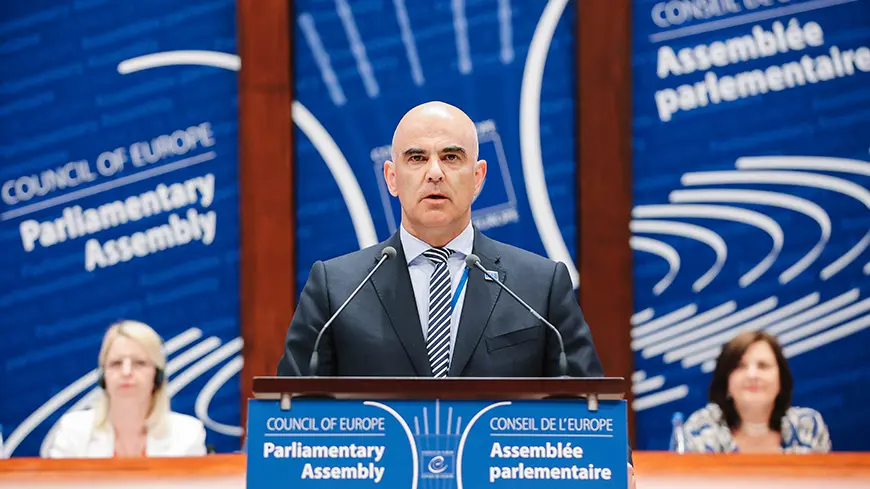Insolvency Crisis – The recent insolvency declaration by the German holding company, FWU AG, has sent ripples across Europe, impacting thousands of policyholders in Austria, Belgium, France, Germany, Italy, Luxembourg, and Spain. This move came alongside a suspension of payment filed by its Luxembourg subsidiary, FWU Life Insurance Lux S.A. (FWU Luxembourg), with the District Court of Luxembourg.
Events Unfolded
On July 19, 2024, FWU AG declared insolvency due to over-indebtedness to the Local Court of Munich. On the same date, FWU Luxembourg informed its national supervisory body, the Commissariat aux Assurances (CAA), of its inability to meet regulatory capital requirements. In response, the CAA decided to freeze the subsidiary’s assets and suspend outgoing payments to protect policyholders’ interests.
Shortly after, FWU Luxembourg sought a formal suspension of payments, an application accepted by the Luxembourg court on August 2, 2024. Maître Yann Baden was appointed as an administrator to oversee the company’s asset and liability management, with the suspension limited to a six-month period.
Meanwhile, in Austria, FWU Life Insurance Austria AG continues to operate under the Austrian Financial Market Authority (FMA) but has halted new business underwriting. Unlike its Luxembourg counterpart, FWU Austria is not in insolvency proceedings.
What This Means for Policyholders
European policyholders affected by FWU AG’s insolvency face significant uncertainty. To document guidance and coordinate cross-border responses, the European Insurance and Occupational Pensions Authority (EIOPA) stepped in. EIOPA, while not widely known by the general public, plays a crucial role in ensuring fair treatment and collaboration among national regulators. It provides a framework to protect policyholder interests during financial crises.
EIOPA advises affected policyholders to thoroughly read their insurance contracts and seek professional advice from insurers, intermediaries, or consumer associations. The appointed administrator is exploring solutions for FWU Luxembourg, potentially involving restructuring or liquidation.
Efforts in Supervision and Coordination
National regulatory bodies across Europe are working collaboratively to manage the impact of FWU’s situation. EIOPA’s role, though non-interventionist, facilitates effective cooperation between these authorities through supervision and information exchange. Regulatory bodies involved in this effort include:
- Austria: Finanzmarktaufsicht (FMA)
- Belgium: L’Autorité des services et marchés financiers (FSMA)
- France: L’Autorité de contrôle prudentiel et de résolution (ACPR)
- Germany: Bundesanstalt für Finanzdienstleistungsaufsicht (BaFin)
- Italy: Istituto per la vigilanza sulle assicurazioni (IVASS)
- Luxembourg: Commissariat aux Assurances (CAA)
- Spain: Dirección General de Seguros y Fondos de Pensiones (DGSFP)
EIOPA serves mainly as a coordinator, supporting national efforts and fostering fairness in how the policyholders are treated across various jurisdictions.






